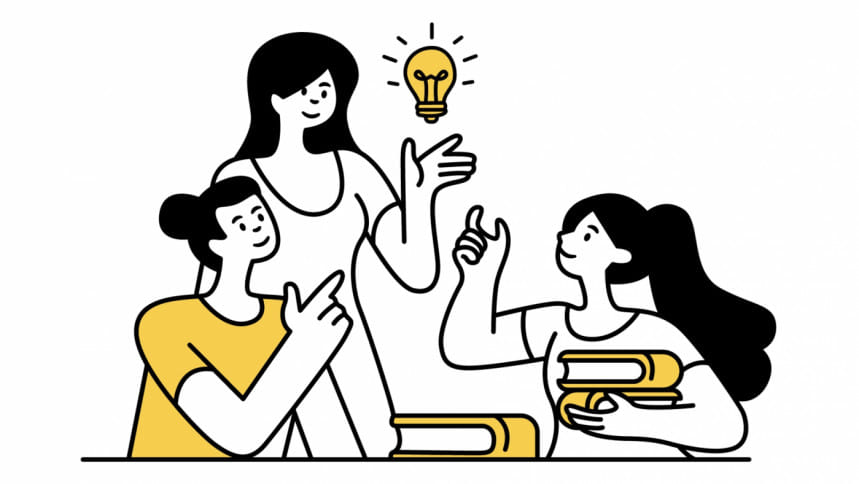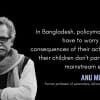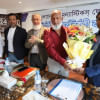Embracing holistic early learning for a smooth educational transition

For every child, early moments matter. When life begins, more than one million neural connections are formed each second – a pace never repeated. The brain grows with environment, experience, and surrounding people. This is why the early years of childhood come with both opportunities and risks.
Early childhood is a critical stage for fostering healthy mental and overall well-being. Children's brains are influenced by genes and environment; simultaneously babies are born ready to learn. Vision and hearing pathways develop first. Then come the early language skills and high cognitive functions. Between age two and four, a child's vocabulary often quadruples. Thus the first 1,000 days happen to be crucial for overall personal development. Children actively participate in several activities relating to extensive brain development. With proper education, the brain is influenced to develop positive learning behaviours.
Children have to spend some time away from family in early childhood education. During this time, children learn the most to be independent, build confidence and discover their surroundings and themselves. High-quality early childhood education and care provide them with a promising start. A proper early childhood education programme helps support children in the transition to school.
Learners from early years and primary curriculums in Bangladesh often have to go through numerous shifts and transitions from one level of education to another. The differences in each level impact their learning processes significantly. There could be a brand-new environment to get used to, new friends to make, and different teachers to get to know.
An early years programme that is holistic helps children to develop the knowledge, understanding, and skills they need for the next chapter in their educational journey. Bearing this in mind, DPS STS School Dhaka takes the lead as the first in Bangladesh to introduce the Cambridge Early Years Programme by Cambridge Pathway. It gives a clear path to students' educational success from ages 3-19. This means whether they move on to Cambridge Primary or another programme, they can match up to any surrounding. Cambridge Early Years is a play-based programme that helps young learners develop independently. The programme will help learners transition seamlessly to primary school, moving from informal, play-based learning to more formal teaching.
When we give children the best start, the benefits are immense. Fostering healthy and comprehensive early childhood curriculums must be our key goal. Physical development, cognitive development, language, and communication development are the four key areas that ensure early childhood and social and emotional development. Cambridge Early Years programme helps learners to meet internationally established milestones for early development. More schools should begin emphasising children's early education as much as secondary education with the same or similar programmes.
Dr Shivananda CS is the Principal at DPS STS, Dhaka.

 For all latest news, follow The Daily Star's Google News channel.
For all latest news, follow The Daily Star's Google News channel. 








Comments